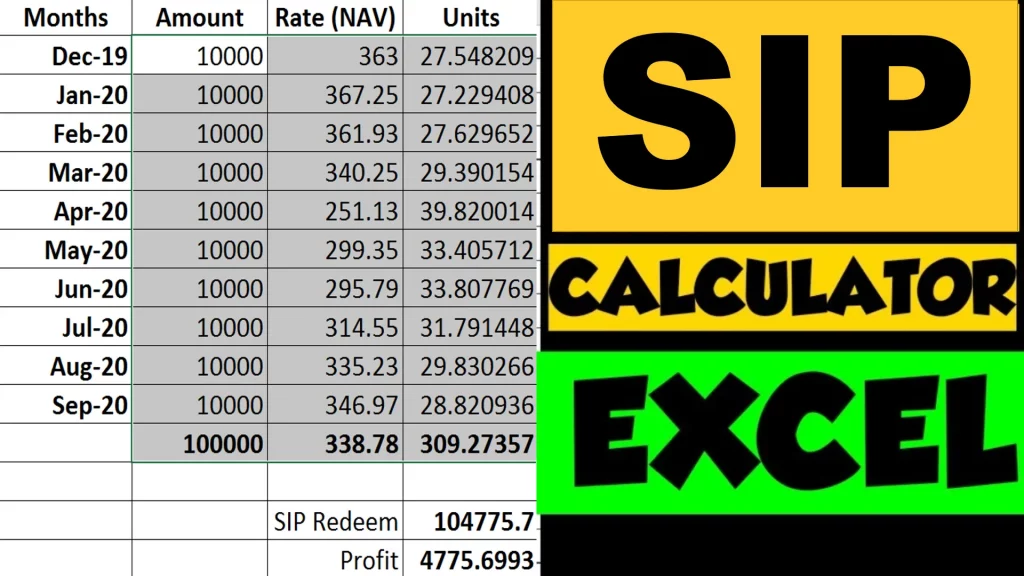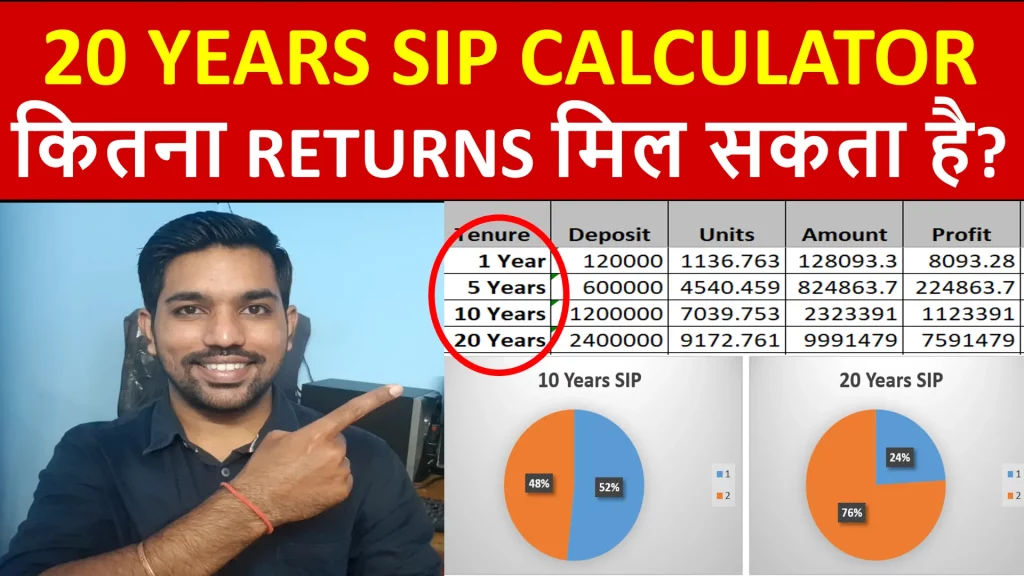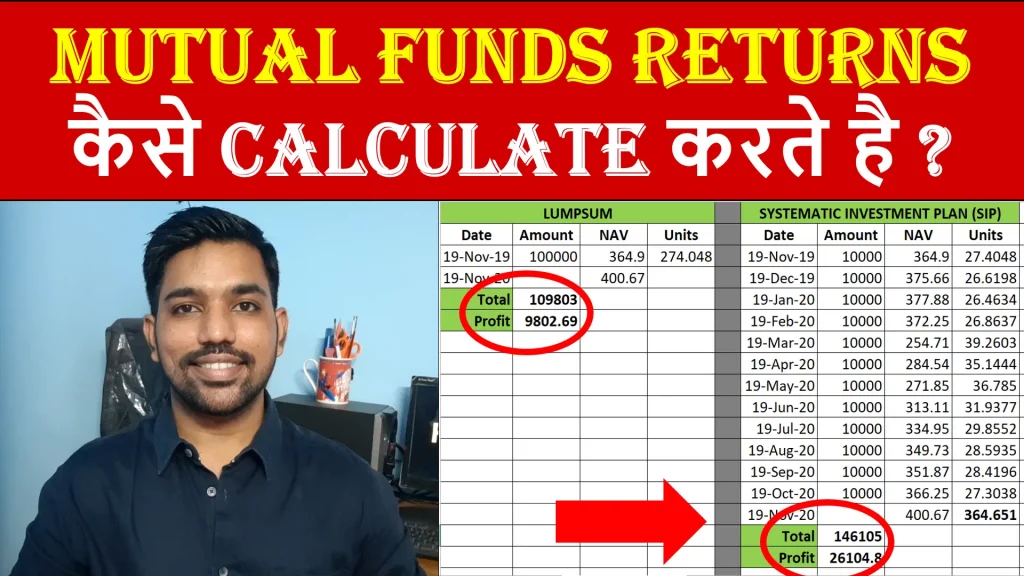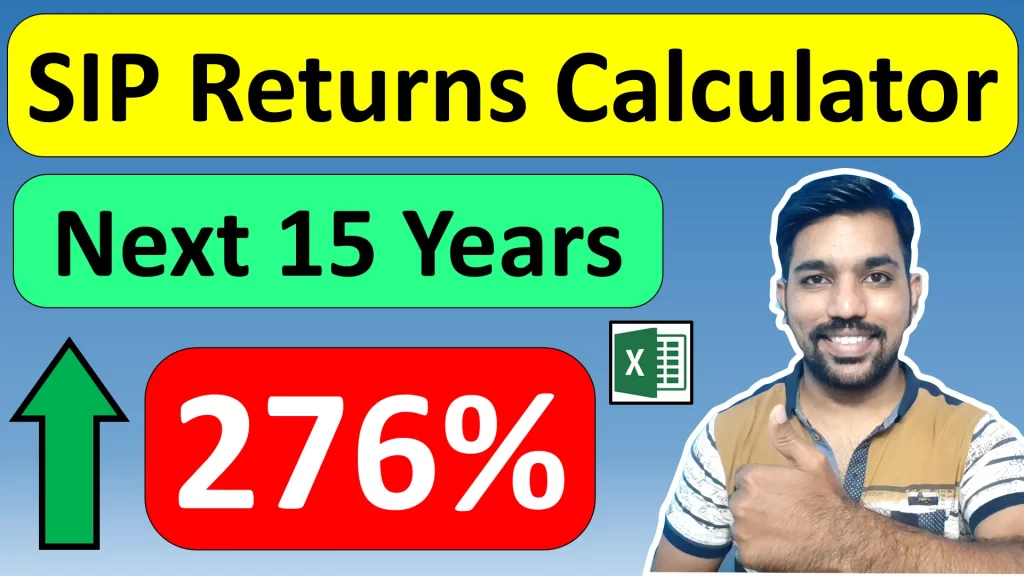Dividend Income Mutual Funds are the type of equity mutual funds that pays regular income in the form of dividends. These mutual funds invest at least 65% of total assets in equities or equity related instruments that pay regular income to their shareholders. The dividend income received by you in a financial year will be added in your total income and taxed as per income tax slab rates.
Let us understand Dividend Income Mutual Funds in more detail.
What is Dividend Income Mutual Funds?
- Dividend Income Mutual Funds are the type of mutual funds that pays you regular income as dividends
- These mutual funds allocate at least 65% of total assets into equities and equity related instruments thus making them Equity Mutual Fund
- The dividend paid will be calculated based on the dividends paid by the underlying stocks in the mutual fund portfolio
- Based on the performance and earnings of stocks or underlying securities, the dividends are announced by the companies every quarter
- It may so happen that some time, few of the companies might choose not to pay dividends in a specific quarter, which might decrease your dividend income in that quarter
- There are many companies that are selected by Dividend Income Mutual Funds that do not pay dividends, and use them to reinvest to increase your returns by increasing the value of stock price
- In Mutual Funds with Growth option, profits are reinvested to increase the NAV of mutual funds for better returns to investors
- In Mutual Funds with Dividend option, part of the profits are distributed to mutual fund investors, which might decrease the returns percentage to some extent
ALSO READ: Types of Equity Mutual Funds in India
How Dividend Income Mutual Funds Works?
The working of Dividend Income Mutual Funds is quite simple:
- The fund manager is responsible to select the stocks that pay regular dividends over time
- Based on the earnings and performance of these stocks in Dividend Income Mutual Funds, the dividends are paid by companies that are selected by fund managers
- The mutual fund company decides the dividend to be paid to their investors by consolidating all the dividends paid by underlying stocks of the companies
- You need to invest in Mutual fund with Dividend option to receive regular dividends from mutual funds
- Mutual fund with growth option focuses on increasing the returns for investors by reinvesting any dividend income received
Who should invest in Dividend Income Funds?
- Passive Income:
Investors looking for passive income from mutual funds can invest in these Dividend Income Funds to get regular payments from mutual funds - Investors with Low Risk Appetite:
Also, these funds have low risk compared to mid cap and small cap funds, hence if investors are looking for low risk mutual funds with passive income, they can go for Dividend Income Funds
Advantages of Dividend Mutual Funds
Below are some advantages of Dividend Income Mutual Funds
- Equity Exposure:
Since Dividend Mutual Funds have to allocate at least 65% of total assets to equities and equity related instruments, they have exposure to equities, which increases your returns over long term compared to Bank Savings Accounts or savings in Fixed Deposits - High Returns on Long Term:
Over long term, since Dividend Income Mutual fund belongs to equity mutual fund, you get good returns as companies tend to grow with time - Regular Income:
The regular dividend payout option gives you regular income in Dividend Mutual funds, which is another source of income for you as an investor
Risks in Dividend Income Mutual Funds
Apart from advantages, there are certain risks involved in Dividend Income Mutual Funds as follows:
- Risks of Mutual Funds:
Even though these funds have low risk, they are not completely risk free in nature. These mutual funds have market risk like other mutual funds a s well and may give you negative returns over short term - High Tax:
The dividends paid to you are taxed as per your income tax slab rates and are not tax free. So you need to give back some amount of dividends received by you to Government as a responsible citizen of this country - Dividends based on Performance:
The dividends depend of the earnings and performance of the underlying stocks in the mutual fund. If in any quarter, some of the companies do not perform well than your dividends might get impacted
So above are some of the risks in Dividend mutual funds.
Taxation on Dividend Income Mutual Funds
The dividends earned by you from mutual funds will be taxable based on your income tax slab rates. Based on your the slab rate you belong, the dividends will be added to your total income and taxed accordingly.
Before Budget 2020, the dividends were not taxed in the hands of investors due to DDT (Dividend Distribution Tax) that was already levied before distributing dividends to investors. After Budget 2020, DDT was removed and now the dividends are subjected to be taxed in the hands of investors at their income tax slab rate.
Watch below video to know how income tax on calculated on SIP redemption in mutual funds:
Income Tax on SIP Video

Watch more Videos on YouTube Channel
Conclusion
So Dividend Income Mutual Funds help you to earn regular income in the form of regular dividend payout by Mutual funds with dividend option. These dividends are taxed as per your income tax slab rates after adding them to your total income.
In case you want to increase the returns on mutual funds, then you can opt for mutual funds with growth option that reinvest the dividends paid by companies in order to maximize your returns over long term.
Some more Reading:
- Retirement Planning Calculator in Excel
- SWP for Monthly Income in Mutual Funds
- Multi cap vs Flexi Cap Mutual Funds
Frequently Asked Questions
How much dividend is tax free in Mutual Funds?
Dividends are not tax free and the dividends you receive need to be added to your total income and taxed as per your income tax slab rates. You can know more about income tax calculation examples here.
How do I avoid tax on MF?
You can make us of tax harvesting while investing in Mutual funds to save income tax on mutual fund redemption. STCG tax is at 15% when you hold the mutual funds for less than 1 year, where as LTCG tax is at 10% on profits made above Rs. 1 Lakh in a financial year. Watch video on examples of Tax Harvesting to save income tax.
Is Dividend from Mutual Fund Fixed?
No, Dividends in mutual funds are not fixed and it depends on the earnings and performance of the underlying stocks that will decide the dividends from mutual funds.
Save Home Loan Interest Amount!
Use Home Loan Excel Calculator that will help you to Save Interest Amount on Home Loan EMI.
Click below button to download Home Loan EMI and Prepayment Calculator in Excel:
Watch how Home Loan Calculator in Excel Works
Income Tax Calculator App – FinCalC
For Income Tax Calculation on your mobile device, you can Download my Android App “FinCalC” which I have developed for you to make your income tax calculation easy.
What you can do with this mobile App?
- Calculate Income Tax for FY 2025-26 and previous FY 2024-25
- Enter estimated Investments to check income tax with Old and New Tax Regime
- Save income tax details and track regularly
- Know how much to invest more to save income tax
- More calculators including PPF, SIP returns, Savings account interest and lot more
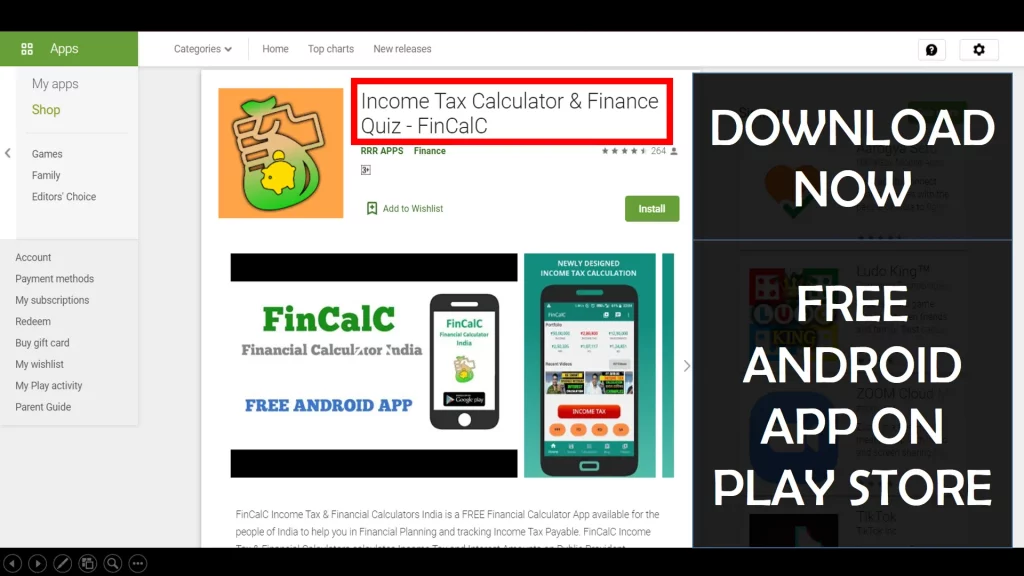
Use Popular Calculators:
- Income Tax Calculator
- Home Loan EMI Calculator
- SIP Calculator
- PPF Calculator
- HRA Calculator
- Step up SIP Calculator
- Savings Account Interest Calculator
- Lump sum Calculator
- FD Calculator
- RD Calculator
- Car Loan EMI Calculator
- Bike Loan EMI Calculator
- Sukanya Samriddhi Calculator
- Provident Fund Calculator
- Senior Citizen Savings Calculator
- NSC Calculator
- Monthly Income Scheme Calculator
- Mahila Samman Savings Calculator
- Systematic Withdrawal Calculator
- CAGR Calculator
I’d love to hear from you if you have any queries about Personal Finance and Money Management.
JOIN Telegram Group and stay updated with latest Personal Finance News and Topics.
Download our Free Android App – FinCalC to Calculate Income Tax and Interest on various small Saving Schemes in India including PPF, NSC, SIP and lot more.
Follow the Blog and Subscribe to YouTube Channel to stay updated about Personal Finance and Money Management topics.


